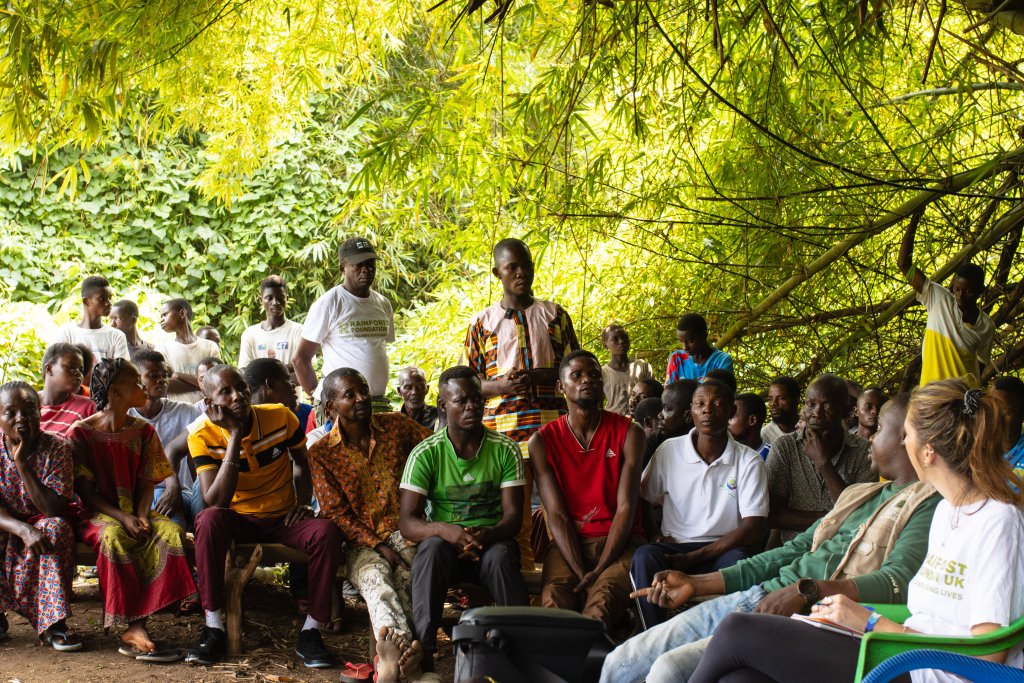Nature, People and Carbon Markets: Rethinking Article 6 at COP30
05 noviembre 2025
As COP30 opens its door in Belém, much of the negotiations will focus on Article 6 of the Paris Climate Agreement, which provides a framework for countries to cooperate on implementing their climate targets (NDCs).
In anticipation of these discussions that could trigger a global boom in voluntary carbon markets (VCM), Sustainable Development Strategies Group (SDSG) and Rainforest Foundation UK (RFUK) have released a new policy briefing warning of the risks of including nature-based offsets in the framework. Such projects have faced widespread criticism in recent years due to persistent structural issues that undermine their effectiveness in reducing global emissions. They have not only mostly failed to deliver real carbon reductions but have also led to negative impacts on forest communities whose lands are allocated for carbon schemes. Only last month, RFUK published research into the expansion of carbon offset projects in the Democratic Republic of Congo which found at least 71 carbon projects, covering more than 100 million hectares, that were linked to serious legality, transparency and human rights issues.

Consultation with communities during carbon project research, DRC
Recognising these shortcomings, SDSG and RFUK advocate for the exclusion of land- and nature-based carbon offset projects from Articles 6.2 and 6.4 of the Paris Agreement, which pertain to Internationally Transferred Mitigation Outcomes (ITMOs) between countries and the trading of emissions between countries and companies, respectively.
SDSG Research Fellow Bennett Jarvis explains “Nature-based carbon offsets are not the magic solutions their proponents claim. Scaling financial resources for nature and Indigenous people’s needs to be a priority, but for over two decades nature-based offset projects have repeatedly failed to drive real carbon removals and have resulted in recurrent human rights abuses in numerous countries."
Instead, COP30 negotiators should prioritize directing climate finance to communities in the Global South leveraging Non-Market Arrangements (NMA) under Article 6.8 of the Paris Agreement. Although challenges to scaling NMAs persist, addressing these obstacles should be the central focus of COP30 negotiations, rather than expanding a global carbon market based on questionable credits from nature-based offsets associated with human rights violations.
The policy briefing identifies three critical areas that VCM participants have failed to address and that risk being overlooked in Article 6 negotiations:
- Vesting tenure and carbon ownership in local communities
- Improving benefit-sharing agreements
- Ensuring transparency and quality data through accessible public registries
For Vittoria Moretti, Forest Campaigner at RFUK, the RFUK and SDSG briefing note makes recommendations aimed at mitigating the current harms of the VCM while supporting the development of NMAs to ensure that climate finance can benefit local and indigenous communities, who are the primary guardians of forests around the world.
'If we want climate finance to be truly effective, it must be directed towards models that place local and indigenous communities at the heart of sustainable forest management and the fight against climate change.'
Comparte esto:

